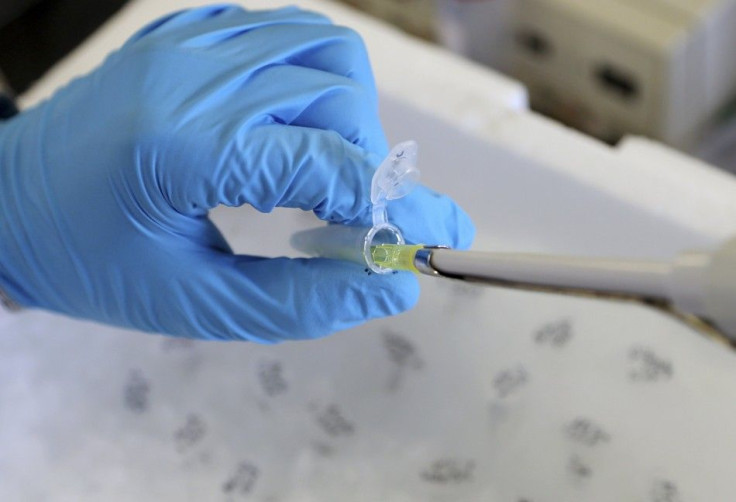South Australian researcher Basil Hetzel dies at 94

Legendary South Australian researcher and pioneer Basil Hetzel has passed away at 94. He is best known for combating iodine deficiency and was globally recognised for being a “tireless” public health researcher and campaigner.
According to a death note published on Saturday, Hetzel had died peacefully. Premier Jay Weatherill said it should be a privilege for South Australians to be able to call him their own.
For Weatherill, the world owes a great debt to the world-renowned researcher. “My deepest condolences to Dr Hetzel’s family and friends,” he said.
Hetzel’s works, which include researches related to the thyroid disease, have helped save lives of several people from all over the world. “He made a truly significant impact on world health,” University of South Australia (UNISA) Vice Chancellor David Lloyd said.
Hetzel has led a research team of the endocrine diseases clinic at the Queen Elizabeth Hospital with the Papua New Guinea Health research department. His team found that the link between iodine deficiency and brain damage making conditions like cretinism could be prevented. Their study showed that iodised salt taken during pregnancy prevents the risk of brain damage in the unborn child. The research was published in 1970.
But Hetzel did not stop there. He has utilised the International Council for Control of Iodine Deficiency Disorders, a non-government organisation, to campaign in various countries to increase iodine intake. "I'm very concerned about the position of the disadvantaged in our society and the need for urgent means to bridge the gap," he shared when asked about his motivation.
The ABC has noted that iodine deficiency is not a serious issue in the land down under nowadays because it is being added to salt, bread and other foods. Since October 2009, food regulations in Australia have required that iodine should be added to the salt used for making bread.
UNISA Vice Chancellor Lloyd has also paid tribute to Hetzel, saying he was dedicated to improving mental health. "Basil was one of these researchers who made a huge difference not just to health in his local community but he actually made a difference to health globally," he said. It is claimed that iodine supplementation has been achieved in 70 percent of households worldwide by 2000.
Hetzel has also served as South Australia's Lieutenant Governor and was the Chancellor of the University of South Australia. His spirit and great works shall live on at the Queen Elizabeth Hospital, where the research institute is named in his honour.





















